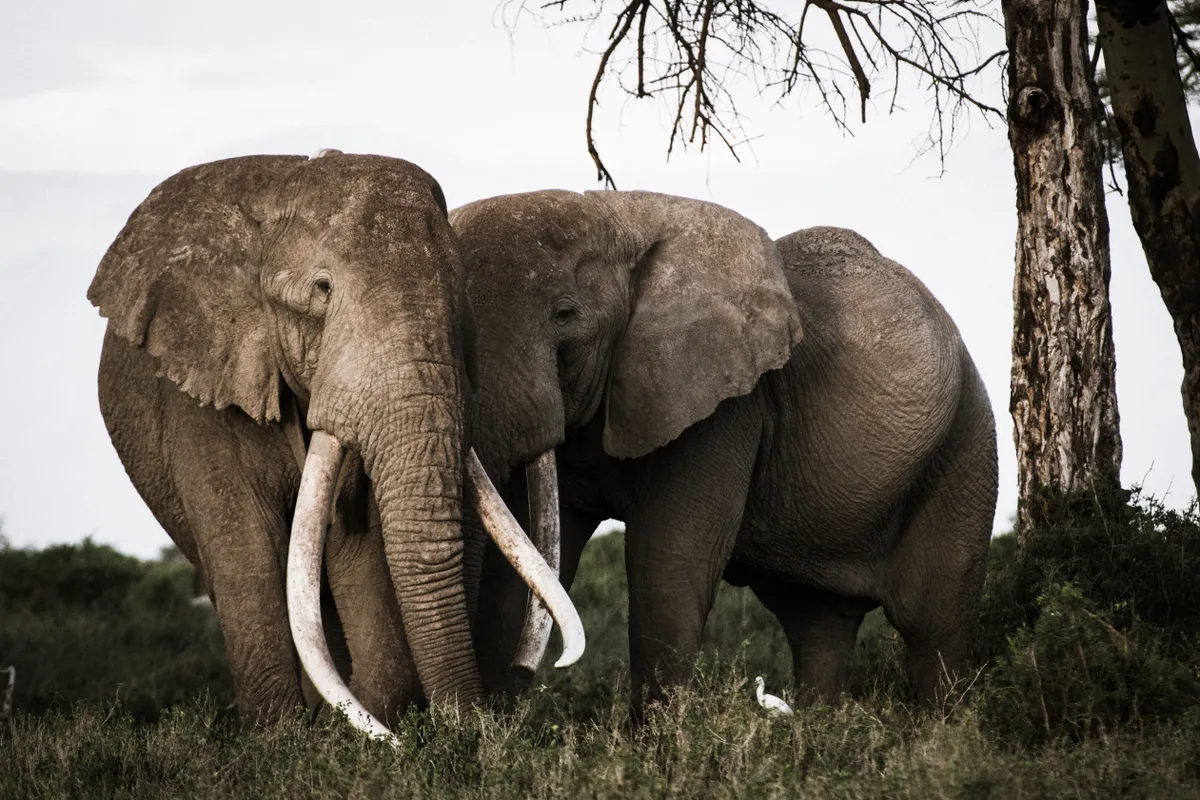You would expect elephants to die from cancer at a similar rate to humans – their large body size and the fact that they have a similar life expectancy to us are the major clues here. Yet while cancer mortality in humans is 25 per cent, in elephants it is just five per cent. New research in Molecular Biology and Evolution, conducted by the University of Oxford and six other institutions, has shed light on why that might be, pointing to the role played by a cancer-busting gene known as p53.

While humans possess a single p53 gene, which helps regulate and repair mechanisms of the DNA and suppresses uncontrolled cell growth, elephants have 20. Using biochemical analysis and computer simulations to analyse elephant DNA, scientists pinpointed how p53 is activated in a unique way to increase the response to carcinogenic conditions and defend against tumours, helping explain why elephants are at an advantage over humans when it comes to avoiding cancer.
Co-author and trustee of Save the Elephants, Fritz Vollrath, says, “This intricate and intriguing study demonstrates how much more there is to elephants than impressive size and how important it is that we not only conserve but also study these signature animals in minute detail. After all, their genetics and physiology are all driven by evolutionary history as well as today’s ecology, diet and behaviour.”
Main image: A family of Asian elephants in Khao Yai National Park, Thailand. © Chuchart Duangdaw/Getty
